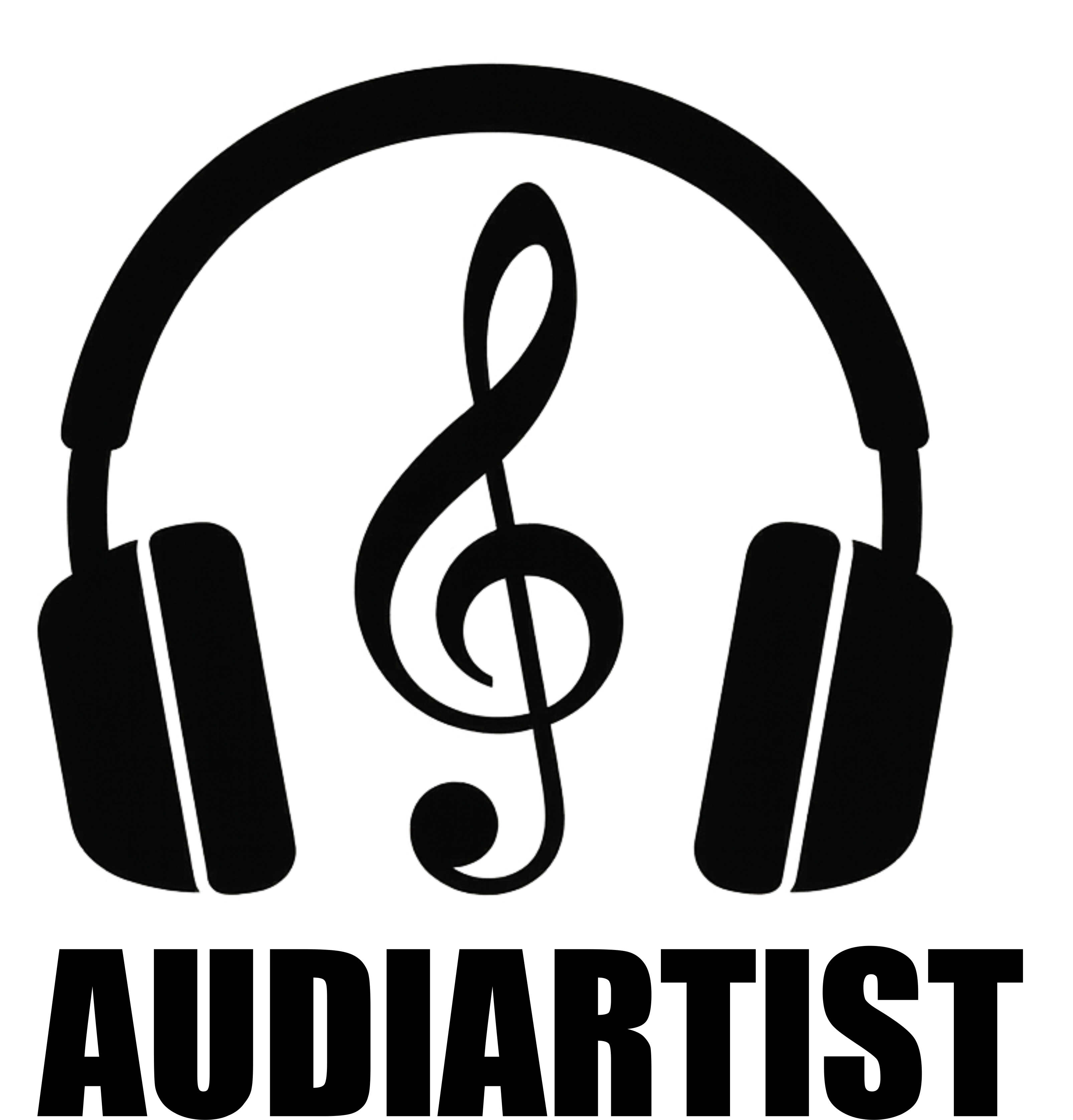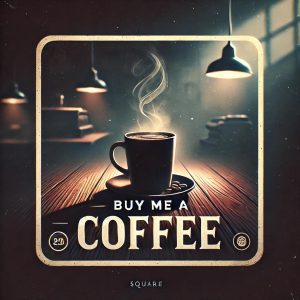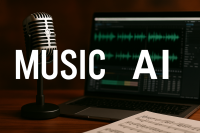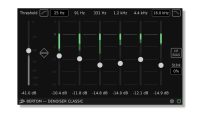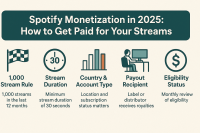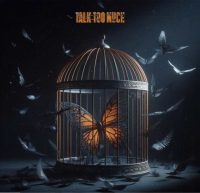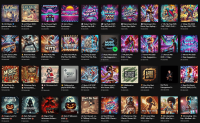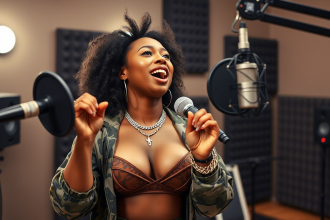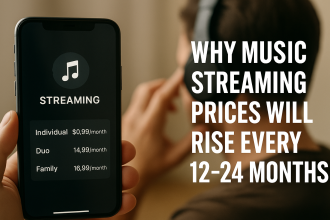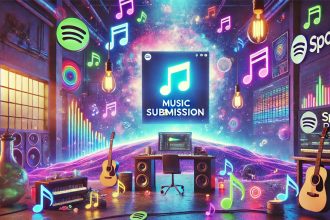In the rapidly evolving landscape of music streaming, authenticity has become the new frontier. Spotify and other major platforms now face mounting pressure as artists unite to demand stronger safeguards against the surge of AI-generated music fraud. A growing number of musicians, including Hiatus Kaiyote, Genesis Owusu, and King Gizzard & the Lizard Wizard, have signed a public petition urging streaming services to adopt a robust verification system that protects legitimate creators from digital impersonation and fraudulent uploads.
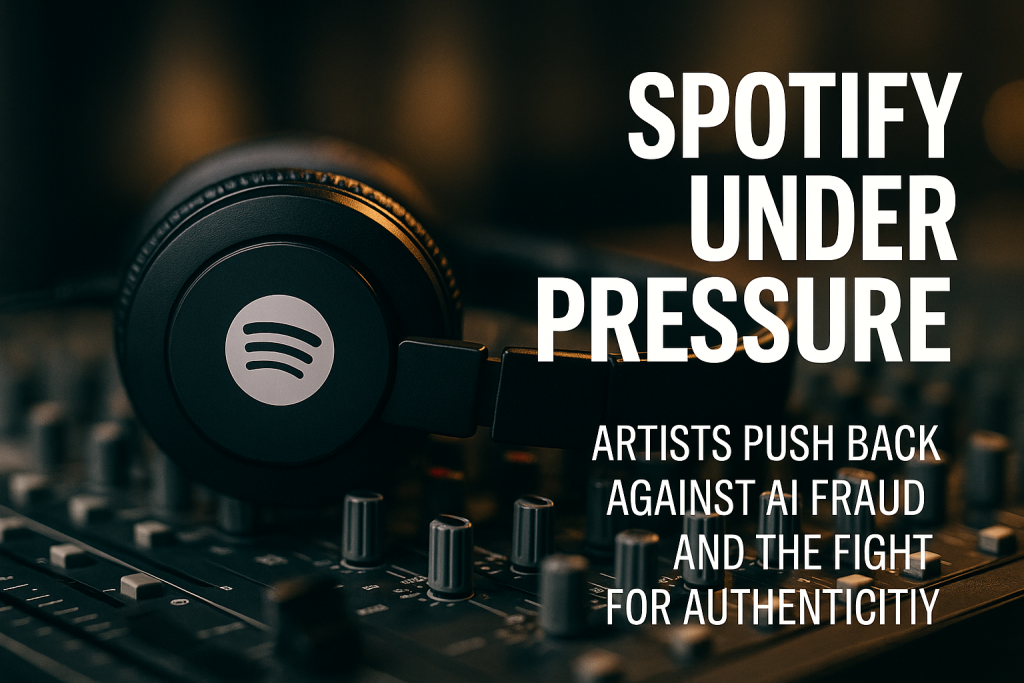
The Rise of AI-Generated Music Fraud
Artificial intelligence has transformed the way music is created, marketed, and consumed. While the technology offers powerful creative tools, it has also opened the door to widespread misuse. In recent months, reports have surfaced of AI-generated tracks being falsely uploaded under real artists’ names—sometimes on Spotify, sometimes on other platforms that lack sufficient verification protocols.
These fraudulent uploads can mislead listeners, siphon off royalties, and damage the reputations of legitimate musicians. For independent artists especially, this problem poses a severe threat. Their visibility and income often depend on algorithmic placement and audience trust—two factors that AI-driven fraud can easily distort.
A recent Rolling Stone Australia investigation highlighted the growing frustration among artists who feel helpless against this technological loophole. “We’re entering a moment where music made by no one can impersonate those who’ve worked their whole lives for recognition,” the petition warns.
Spotify and the Responsibility of Gatekeeping
Spotify, as the dominant player in the global streaming ecosystem, stands at the center of this controversy. With over 600 million monthly users and more than 100 million tracks in its catalog, the platform has revolutionized access to music—but its vastness has also made it vulnerable.
The platform’s current safeguards, while evolving, have not kept pace with the sophistication of AI content creation. Spotify’s “Artist Verification” and “Spotify for Artists” tools give creators some control, but they do not yet provide a full identity verification system capable of detecting fake uploads in real time.
As AI becomes increasingly capable of mimicking voices, production styles, and even lyrical patterns, the line between imitation and impersonation blurs dangerously. Without transparent labeling or traceable metadata, fraudulent content can go unnoticed for weeks or months, accumulating streams and revenue that never reach the real artist.
Spotify’s recent move to remove tens of thousands of fake tracks earlier this year demonstrates awareness of the issue—but many argue it’s a reactive, not proactive, approach.
The Call for Verified Authenticity
The artists behind the petition are advocating for a simple but vital principle: verified authenticity. Their proposal includes a system that would require identity validation at the point of upload and AI-origin disclosure for tracks generated or assisted by artificial intelligence.
Such a system could help ensure that real human creators are properly credited and compensated, while still allowing ethical AI collaboration to flourish transparently.
This approach mirrors emerging initiatives in the visual arts and journalism sectors, where “content provenance” technology—such as digital watermarking or blockchain-based verification—is already being tested to authenticate creative works.
For artists and producers, especially independent ones, verification could become a badge of trust. Verified profiles would not only protect against impersonation but also signal reliability to listeners, curators, and collaborators.
What It Means for Independent Artists
For indie creators and rising producers, the debate represents both a challenge and an opportunity. As platforms tighten their rules, verified artists will likely gain algorithmic priority—meaning higher placement in playlists, improved search visibility, and greater credibility in collaborations.
For those operating under a personal brand or collective, such as audiartist.com and similar independent networks, now is the time to reinforce transparency:
- Regularly audit your catalog to ensure that no unauthorized duplicates exist.
- Claim and verify your official artist pages across all platforms.
- Use consistent metadata and ISRC codes to maintain a clear digital identity.
The era of “premium authentic artists” could soon emerge—a marketplace where verified creators receive preferential treatment, not just for compliance, but for integrity.
The Future of Authentic Music in an AI World
Artificial intelligence is not the enemy of music—it is the test of its resilience. When used responsibly, AI can empower producers, inspire composers, and expand creative boundaries. But when left unchecked, it risks turning art into algorithmic noise.
The current movement led by Hiatus Kaiyote and others signals a crucial cultural shift: musicians reclaiming control of their digital identities. As streaming giants like Spotify navigate the balance between innovation and authenticity, the outcome will shape the next decade of music.
In this new paradigm, trust becomes currency. Authenticity becomes strategy. And the artists who safeguard their creative signatures—human, verifiable, and unmistakably real—will lead the next generation of sound.
![]()
